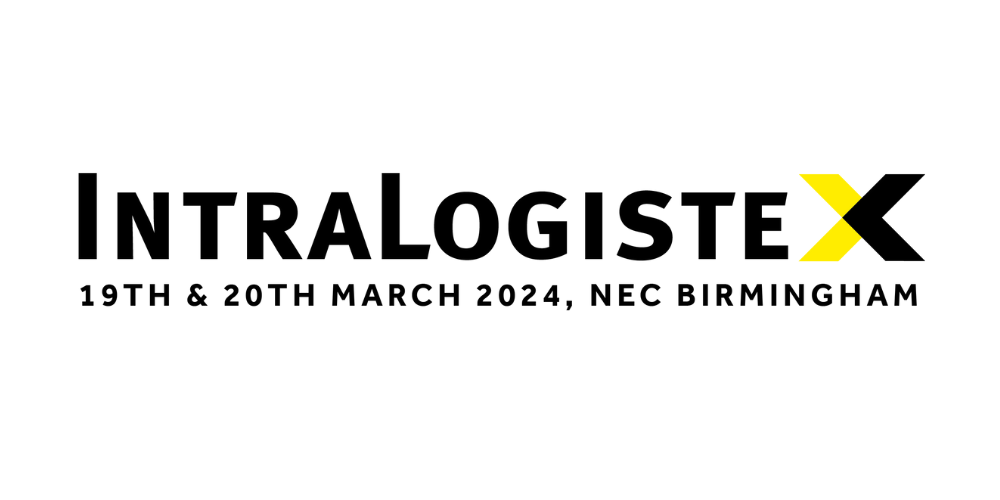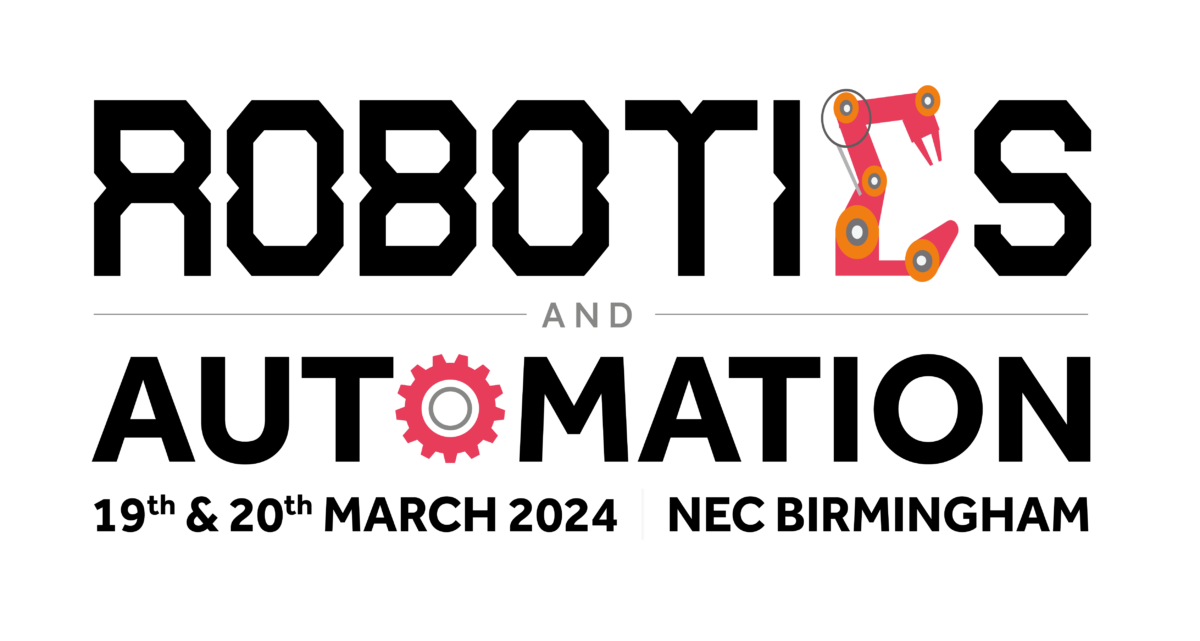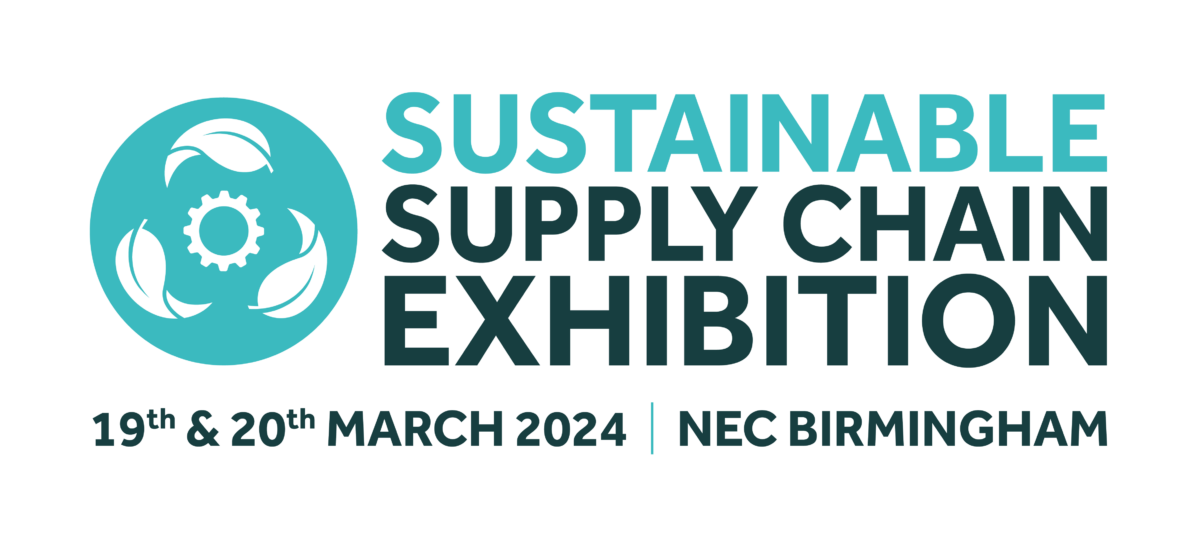Perhaps next year we will see a stronger representation from other parts of Europe.
Bohler-Uddeholm is an international speciality steel company that was suffering from the bull whip effect, common to long and complex supply chains. Through a four-year programme involving global operations planning, shifting distribution to a hub concept and implementing production network optimisation and capacity management, the company reduced lead times and cut costs significantly.
GKN Driveline Trier operates in the demanding automotive sector supplying OEMs with components for constant velocity joints and axle shafts for trucks. High delivery performance is critical and so required an integrated solution to link long-term planning with mid-term master production scheduling. The judges thought that reasonably impressive results had been achieved.
However, looking at the metrics it was clear that the trophy lay within the grasp of two companies.
Sud-Chemie’s strategy has been focused firmly on delivery reliability and the reduction of working capital. Over the past four years the company has restructured its supply chain completely, bringing in a global sales & operations planning solution which has resulted in a 40m euro reduction in working capital. “Managing working capital on a global basis is not an easy thing to do,” say the judges.
For Daimler Trucks, the implementation of regional consolidation centres and integrated logistics and quality functions have been a major contributing factor to the company becoming a globally integrated business. A 69 per cent reduction in airfreight costs and a 42 per cent improvement in lead time certainly grabbed the attention of the judges. It was close, but at the end of the day Daimler Trucks won out.
Upcoming Events
19
March
2024
19
March
2024
19
March
2024






